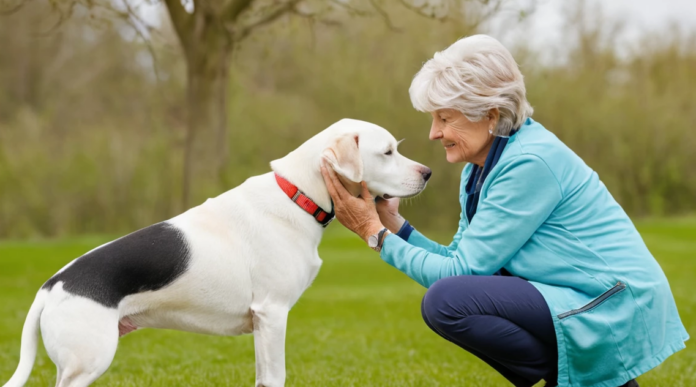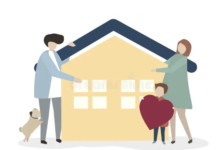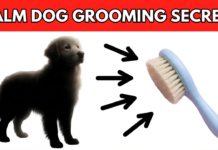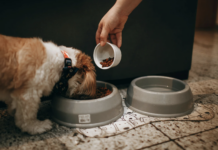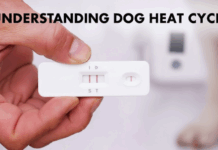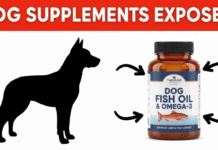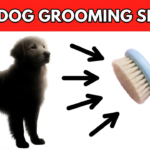Last Updated on September 20, 2024 by Dogs Vets
Introduction to Caring for Older Dogs
As our beloved canine companions age, their needs evolve to ensure they remain happy and healthy during their senior years. Caring for older dogs involves understanding their physical and emotional changes, providing appropriate nutrition, and creating a comfortable environment.
This guide offers comprehensive advice to help you support your aging pet, ensuring they enjoy a fulfilling and joyful life.
Keeping Your Older Dog Comfortable
Ensuring your senior dog’s comfort is paramount. Here are essential tips to create a cozy and safe environment:
- Provide a Restful Space: Older dogs may require more rest. Set up a quiet area with soft, cozy beds away from drafts to help them relax.
- Frequent Toilet Breaks: Senior dogs might need to go outside more often. Consult your veterinarian about any changes in their bathroom habits, such as incontinence.
- Accessibility is Key: Keep water, food, toys, and their bed within easy reach to minimize unnecessary movement.
- Non-Slip Surfaces: Older dogs can struggle with slippery floors. Place rugs or carpets in key areas to provide better traction and prevent falls.
Reference: American Kennel Club – Senior Dog Care
Feeding a Senior Dog
As dogs age, their dietary needs change. Transitioning to a senior-specific diet can support their health:
- Age-Appropriate Nutrition: Around seven years old, many dogs benefit from diets formulated for senior dogs. These diets typically contain adjusted levels of protein, fat, and other nutrients to support aging bodies.
- Monitor Eating Habits: Keep an eye on your dog’s food and water intake. Any significant changes in appetite or weight should be discussed with your vet.
- Separate Feeding Areas: If you have multiple dogs, ensure your senior dog can eat without competition from younger dogs to prevent stress and ensure they receive adequate nutrition.
Reference: PetMD – Senior Dog Nutrition
Managing Changing Needs of Older Dogs
Even though senior dogs may slow down, they still require regular exercise and mental stimulation:
- Regular, Gentle Exercise: Short, frequent walks help maintain a healthy weight and joint mobility without overexerting your dog.
- Engaging Toys and Puzzles: Interactive toys and puzzle feeders can keep your dog mentally stimulated and prevent boredom.
- Protect Against the Elements: Dressing your dog in a coat when outdoors can help keep them warm and dry, especially in colder or wetter weather.
- Gentle Grooming: Regular grooming not only keeps your dog clean but also allows you to check for any lumps, bumps, or signs of discomfort.
Reference: VCA Hospitals – Senior Dog Exercise
Older Dog Health and Welfare
Maintaining the health and welfare of your senior dog involves regular veterinary care and attention to their changing senses:
- Hearing and Vision Care: Senior dogs may experience decreased hearing or vision. Avoid sudden loud noises and ensure their environment is safe and predictable.
- Nail Trimming: Older dogs who exercise less may require more frequent nail trims to prevent overgrowth and related issues.
- Regular Vet Check-Ups: Routine health examinations are crucial. Behavioral changes can indicate underlying health problems, so prompt veterinary consultation is essential.
- Specialized Senior Care Clinics: Some veterinarians offer clinics specifically for senior pets, providing tailored care to meet their unique needs.
Reference: RSPCA – Caring for an Older Dog
Conclusion
Caring for an older dog requires patience, understanding, and a proactive approach to their changing needs. By providing a comfortable environment, appropriate nutrition, regular exercise, and vigilant health care, you can ensure your senior dog enjoys their golden years with comfort and happiness.
Always consult with your veterinarian to tailor care plans specific to your dog’s health requirements.
